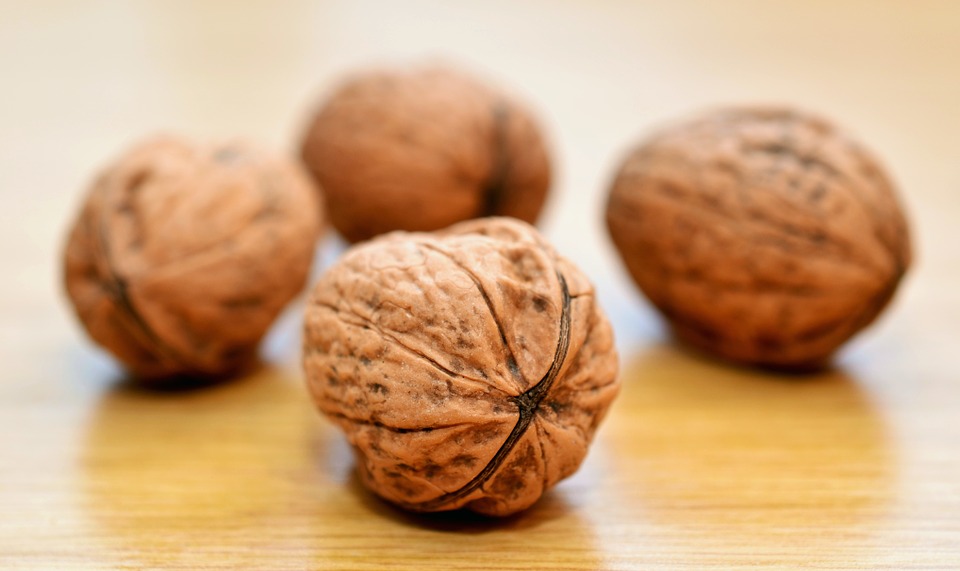August 2003 � A natural extract often favored by health-conscious Americans as an alternative to manufactured drugs in lowering cholesterol has turned out to be no more effective than a placebo in clinical trials at the University of Pennsylvania School of Medicine. The Penn research findings on the guggulipid extract will be published in the August 13 issue of the Journal of the American Medical Association (JAMA).
"We found that the guggulipid product did not lower the level of LDL-C (low density lipoprotein cholesterol) in our trial participants, but actually raised LDL-C slightly," said Philippe O. Szapary, MD, Assistant Professor of Medicine at Penn and principal author of the study. Low-density lipoprotein can lead to heart disease by accumulating on arterial walls. It is often identified as "bad" cholesterol by researchers in order to distinguish it from high-density lipoprotein (HDL), the "good" cholesterol that keeps arteries clear.
The randomized, double-blind, eight-week study at Penn included 103 volunteers who were divided into three groups. One group was given a standard dose (1,000 mg) of guggulipid three times daily; a second group was given a high dose (2,000 mg) of the extract; and the third group was given the placebo.
"We found LDL-C increased by four percent in the standard-dose group and five percent in the high-dose group. At the same time, it decreased by five percent in the placebo group," Szapary said.
Further, "a small subset of patients taking the herb developed a rash indicating they were experiencing hypersensitivity drug reactions," Szapary said. The rash disappeared when they stopped taking the supplement.
Continue Reading Below ↓↓↓
"Our findings do not support the use of gugglipid to control LDL-C in the general population," Szapary said. "The results do strengthen our belief that dietary supplements need to be studied in a rigorous way, to test both their safety and their efficacy." He is extending his study to investigate further the effects of guggulipid on triglycerides, also called "blood fats," and inflammation, both of which appeared to be more responsive than cholesterol to the effects of the herb in the clinical study.
Guggulipid, a substance derived from one of the fabled myrrh plants of the Middle East, has a 2,600-year tradition in traditional medicine. Indian practitioners of ayuvedic medicine have used the herb in holistic regimens combining meditation, yoga and diet to treat obesity, atherosclerosis, high cholesterol and arthritis. In the Christian tradition, the bitter-tasting, fragrant myrrh, which is used in incense and perfume, was presented as a gift from the three wise men to the infant Jesus.
Szapary was assisted in the study by Megan L. Wolf, BS; LeAnne T. Bloedon, MS, RD; Andrew J. Cucchiara, PhD; Ara H. DerMarderosian, PhD; Michael D. Cirigliano, MD; and Daniel Rader, MD, all of Penn.
The study was funded by the National Center for Complementary and Alternative Medicine at the National Institutes of Health, and the Sabinsa Corporation, manufacturer of a guggulipid extract product.
Source: University of Pennsylvania







